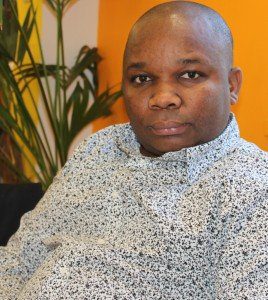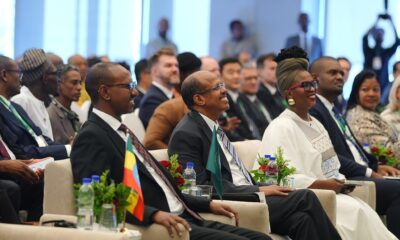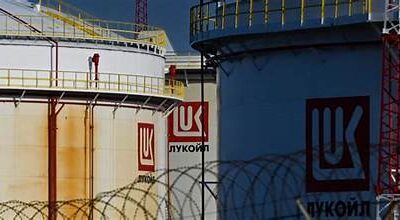Political Issues
The politics of Saraki’s trial (2) -By Uche Igwe


Uche Igwe
Since I published the first part of this article last week, I have received many responses from readers and friends. I thank everyone who took out time to call and send me a text. I decided to do this second part in order to take the conversation a little further. I was surprised that the most obvious part of my article was ignored by many of the respondents. From the title, I specified ab initio that what I wanted to concentrate on and interrogate was the politics and not the technicalities of the trial. I am not a lawyer and I am aware that there are so many lawyers who will be able to take on the technical side of things. I listened to the exchanges at the Code of Conduct Tribunal when the Senate President, Bukola Saraki, entered the dock, and was particularly fascinated with the debate about whether a breach of the Code of Conduct Act could be said to be a criminal offence. There was a ruling on that. I deliberately left some of the details out of my piece because they fall outside my area of competence.
But, let us look deeper at the politics, namely, the contours and undercurrents of the arraignment. There is a broad consensus in some quarters that the Senate President is being punished for disobeying his political party, the All Progressives Congress. So, his current ordeal could have been avoided, it is claimed, if he had quietly obeyed his party. Now, you see my point: The whole Code of Conduct brouhaha appears to be a ruse! But this is Nigeria – a bandwagon country. As soon as a few vocal persons gravitate in a particular direction, others follow. If you dare question their direction, it is either they call you names or they say you are compromised. That is the interesting side of the thankless job of a public commentator; whenever to hold a point of view, it must be because someone has allegedly paid one. So, a public commentator cannot hold his own views? Let me state that I will resist any attempt to stop me from holding an alternative view. We are democrats. Aren’t we? I am not one to be drawn into the chorus of flawed orthodoxy. So, I will always spare sometime to interrogate it.
I wonder why some people feel that the questions raised in the first part of the article translate to support for or against one person or another. There is nothing extraordinary in the issues I have raised. For instance, if you were at the venue of the trial, you would have observed a choreographed insistence that the defendant must step into the accused box. You would have also noticed a sort of climax that was reached as soon as Saraki’s photographs were taken in the dock by the photo journalists present. That some analysts refused to comment about that does not mean that they were not observed.
Many have asked me to ignore the fact that a well-known lawyer of the Economic and Financial Crimes Commission is leading the prosecution team for the CCB. I have been asked to look at the involvement of a former EFCC employee now deputy director at the Ministry of Justice as a mere coincidence. Really? One of my respondents asked me to perish the curiosity about timing. According to him, the government can decide to prosecute anybody anytime. No doubt, though the offence was allegedly committed from 2003, I have assumed that all the public office holders in the country who made asset declarations around that time too are also under investigation. I say this because I have compiled the list of all of them including some of them who served in the government of former President Olusegun Obasanjo. Some of them are now this and that in the current government and I expect that they will also be prosecuted soon. Except the CCB will have to convince many discerning Nigerians that it has verified all their asset declaration forms and their assets fit into the amount of wealth they earned legitimately during the period under review.
Let me reiterate that I support the current effort to fight corruption in Nigeria. However, the President must understand the complexity of the anti-corruption crusade. One important way to begin is to ensure that there is no scared cow. I am aware that this will be challenging for him to implement. Not after trying several times to win a presidential election without success until he sought for the help of some people who we all know!
Nigerians are an interesting people and we suffer from selective amnesia nationwide. We saw a former governor of Lagos State, Senator Bola Tinubu, in that same accused box that Saraki stepped into the other day. Why have we not asked what happed to Tinubu’s own matter with the CCT thereafter? Was he discharged and acquitted or was the matter thrown out for lack for lack of “diligent” prosecution?
- Concluded










